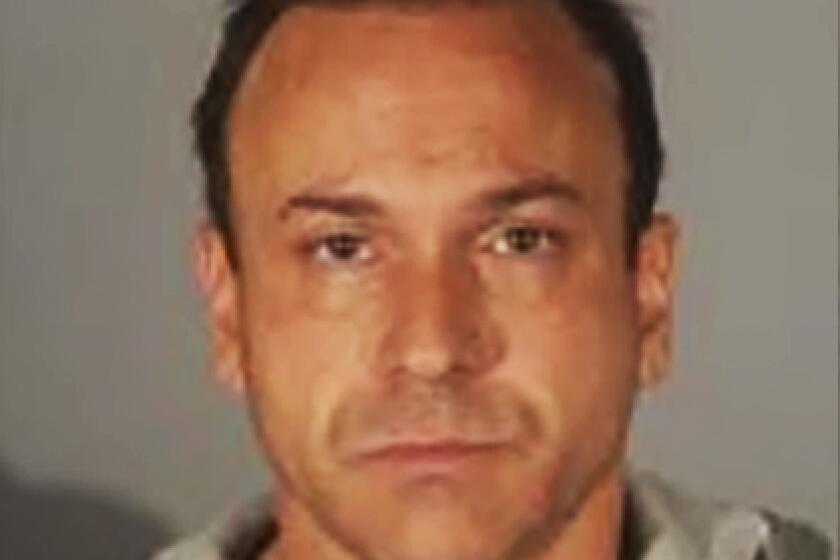Kenya carries on stolen tradition
Stealing elections has been a common practice in Africa for more than 40 years. African presidents and the ruling elites that surround them have routinely colluded with loyal officials to stuff ballot boxes, intimidate opponents, distribute bribes, monopolize the state-run media, muzzle the independent press and manipulate the vote-tallying to ensure they hold on to power. The spoils of office are too great to resist. Political power means personal wealth, contracts, commissions, quick profits and rewards for supporters. Time and again, African politics have been reduced to a game of winner-takes-all.
Kenya, so often spoken of as a model of stability, has been no exception. Its first president, Jomo Kenyatta, started the trend after independence in 1963, favoring businessmen from the Kikuyu tribe and allowing his inner circle of Kikuyu advisors to make fortunes; his young wife, Ngina, became one of the richest individuals in the country, building a business empire that included plantations, ranches, property and hotels. When a populist politician, J.M. Kariuki, openly attacked the ruling elite -- “We do not want a Kenya of 10 millionaires and 10 million beggars” -- he was murdered on the orders of Kenyatta’s officials. Kenyatta also dealt ruthlessly with a Luo opposition party led by Oginga Odinga, banning it.
Kenya’s second president, Daniel Arap Moi, plundered state funds at will to satisfy himself, his family and his entourage of Kalenjin cronies, accumulating over 24 years a personal fortune estimated at $3 billion. He maintained his grip on power by harassing and imprisoning dissidents, condoning torture and curtailing the autonomy of judges. He turned the civil service into a party machine and allowed corruption to run rampant. A prominent Luo politician investigating high-level corruption was murdered; one of Moi’s own ministers was implicated but was released for “lack of evidence.” Elections during Moi’s tenure were little more than a sham. Only in 2002, after Western nations that supplied foreign aid money insisted that proper elections be held, was Moi obliged to stand down.
His successor, Mwai Kibaki, a veteran Kikuyu politician, spoke of inheriting “a country badly ravaged by years of misrule and ineptitude,” and he pledged to root out corruption. “Corruption will cease to be a way of life in Kenya,” he declared. But no sooner had Moi’s inner circle of Kalenjin politicians departed -- the “Karbanet syndicate” as they were known -- than they were replaced by Kibaki’s “Mount Kenya mafia” of Kikuyu politicians who swiftly set up their own lucrative deals.
A little more than a year after the election, the level of corruption had become so noticeable once more that it provoked Edward Clay, the British high commissioner in Nairobi, to remark contemptuously that the names of honest ministers and senior officials in Kenya would fit on the back of a postage stamp. Clay accused the elite of gorging themselves on corruption until they “vomited over the shoes” of foreign aid donors.
While Kenya’s rulers have wallowed in the trough of state funds and Western aid, the ranks of the poor have swollen into an army of discontent. Most Kenyans survive on $1 a day. Two-thirds of Nairobi’s population live in fetid slums. The Luo of western Kenya feel especially aggrieved. Excluded from power for 40 years, they have suffered permanently from government neglect.
Campaigning for both parliament and the presidency last month, the opposition Luo politician, Raila Odinga, emerged as a self-proclaimed champion of the poor and other disaffected groups, like the Luo, vowing to get rid of the corrupt elite. The son of Oginga Odinga (who led the opposition against Moi and Kenyatta), Raila Odinga stood for election in a Nairobi district that includes Kibera, a sprawling slum where more than 1 million people survive in crude shacks amid open sewers.
The result of the parliamentary elections showed how deep the well of disaffection was. Kibaki’s cronies were thrown out by the score. Anti-Kibaki parties swept the board, with Odinga’s party capturing 95 of the 210 seats in parliament, making it the largest single party.
In the presidential race, Odinga won in six out of eight provinces. But, amid unmistakable signs of rigging, Kibaki was declared the winner by 200,000 votes Sunday and furtively sworn in for another five-year term.
The explosion of anger at a stolen election turned instantly into inter-tribal violence, mainly involving Kikuyu, Luo and Kalenjin. Even though large numbers of Kikuyus voted to oust Kibaki’s corrupt cabal, Kikuyus in general, their property and businesses, became the target for revenge attacks. The scars of this violence will last for years.
The damage to Kenya’s reputation also will be long lasting. In one reckless maneuver, Kibaki has destroyed his country’s record of political stability solely for the purpose of retaining power. In a region plagued by conflict, Nairobi has served as a haven for United Nations agencies, multinational companies, banks and a host of international organizations, gaining income and employment. Its spectacular wildlife parks, mountains, lakes and Indian Ocean beaches have attracted a million foreign tourists a year. Even if Kenya’s politicians manage to patch up a compromise, the country will no longer be regarded as such a reliable base for travel and to do business.
Thus Kibaki, at 76, joins a long list of aging African leaders who have refused to submit to an orderly transfer of power, regardless of the disasters that ensue. It is an ominous start to the new year in Africa.
Martin Meredith is the author of “The Fate of Africa: A History of Fifty Years of Independence” and the new book, “Diamonds, Gold and War: The British, the Boers and the Making of South Africa.”
More to Read
Sign up for Essential California
The most important California stories and recommendations in your inbox every morning.
You may occasionally receive promotional content from the Los Angeles Times.










